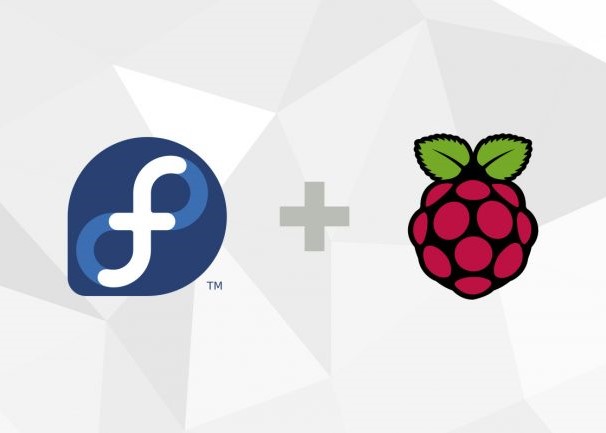
Fedora 25 Beta Linux distro now available for Raspberry Pi -- here's how to install it
The Raspberry Pi computers are extremely popular. It isn't hard to see why people like them -- they are small, inexpensive, and very useful for various projects. While they are arguably under-powered for use as, say, a full-time workstation, the diminutive machines aren't really meant for that.
If you do want to use it as a workstation, however, I have good news. Fedora 25 Beta Workstation is now available for both the Raspberry Pi 2 and Raspberry Pi 3. In addition to the Workstation image, Fedora 25 Beta Server is available too. Owners of ARMv6-powered Pi models, such as the Pi Zero, are out of luck, as the operating system will not be made available for them.

Canonical gives Ubuntu Linux 17.04 the name 'Zesty Zapus' (jumping mouse)
Linux distributions and silly names go together like peanut butter and jelly. For whatever reason, the maintainers of these operating systems seem to enjoy having fun with what they call them -- some argue it is childish. Even Google -- a billion dollar company -- uses sugary dessert names for the Linux-based Android operating system.
One of the most well-known Linux distributions to use funny names is Ubuntu. It famously uses the convention of an adjective and a lesser-known animal, each starting with the same letter. The letter is chosen sequentially by alphabet. For example, Ubuntu 16.10 uses the letter "Y" -- "Yakkety Yak". The next version of the operating system will use the letter "Z". While many folks hoped for "Zebra", that would be too obvious. Instead, Canonical has chosen "Zesty Zapus". Don't know what a zapus is? Neither did I. It is apparently a type of jumping mouse. The selection was not made at random, however, as the company has an explanation for the decision.

Acer updates Chromebook 15 with 12-hour battery life -- $199 exclusively at Walmart
Chromebooks are not for everyone, but for many home users, it is absolute perfection. If you live in the web browser -- as many people do nowadays -- laptops running Google's Linux-based Chrome OS are a godsend because they are maintenance free. No need for confusing OS upgrades or anti-virus software. It just works, and it works well. Since they can now run Android apps too, they could become a serious threat to Microsoft and Windows 10.
One of the most attractive aspects of Chromebooks is price -- they are often quite affordable. Today, Acer refreshes its 15.6 inch Chromebook 15 with a mind-boggling 12 hours of battery life. Best of all? It starts at $199. Yes, this model will get Android app support in a future update too.

Google releases Open Source Report Card -- does the company deserve an A+?
The future of computing is open source. While there is still room for closed source software, more and more companies are going the open route. Major players such as Microsoft, Apple, and Facebook are all contributing to the open source community. Google in particular is a huge proponent of open source. Heck, two of the company's operating systems -- Chrome OS and Android -- are Linux distributions.
Today, the search giant announces the 'Open Source Report Card'. This is essentially a report that explains the details of its open source projects. Google is undoubtedly a major open source contributor, but the question is, what grade should the company get?

Ubuntu Linux 16.10 'Yakkety Yak' is here! Download the Windows 10 alternative now
Ubuntu is a wonderful operating system. Depending on your needs, it can be a better choice than Microsoft's Windows 10. More and more people live in the web browser, and Ubuntu can run both Chrome and Firefox. Need a word processor? The ability to edit spreadsheets? The wonderful LibreOffice is included -- no need to spend money on a subscription-based office package. There are countless free packages available too. You can even buy laptops pre-loaded with the OS from companies like Dell and System76.
Today, Ubuntu 16.10 'Yakkety Yak' sees release. It has many significant updates (you can read the release notes here), such as Linux kernel 4.8 and LibreOffice 5.2. The best part about this version of the operating system, however, is that it isn't exciting. Once again, home users will likely be bored by this Ubuntu upgrade, but that is a good thing -- Canonical does not do change for the sake of change.
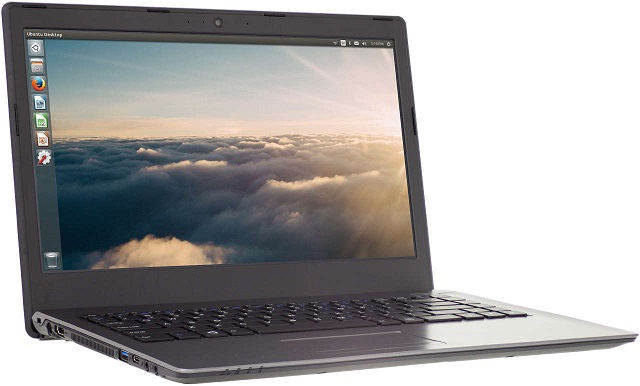
System76 updates its affordable Ubuntu Linux 'Lemur' laptop with Intel Kaby Lake
Dell recently updated its XPS 13 Developer Edition laptop with Kaby Lake processors. While that company's laptop is beautiful, it is also very expensive. For developers and home users looking for a solid laptop running Ubuntu Linux, System76's 'Lemur' has historically been a great value. Not only is the affordable machine both powerful and well supported, but it is built like a tank too.
Today, System76 updates the aforementioned Lemur with Kaby Lake processors. While Dell's XPS 13 starts at $949, the Lemur begins at a much more reasonable $649.

Fedora 25 Beta open source Linux distribution now available for download
Fedora is the operating system of choice of Linux founder Linus Torvalds -- that says a lot. Despite the fact that he uses a Dell XPS 13 Developer Edition laptop that ships pre-loaded with Ubuntu, it is unlikely that he kept that OS on it. While there is nothing wrong with Canonical's offering, Fedora is a very wise choice for those who want a no-nonsense Linux distro with a focus on free and open source software.
Today, Fedora 25 Beta becomes available for download. There are many things to get excited about, such as the implementation of Wayland and the pre-release 3.22 version of the GNOME desktop environment.
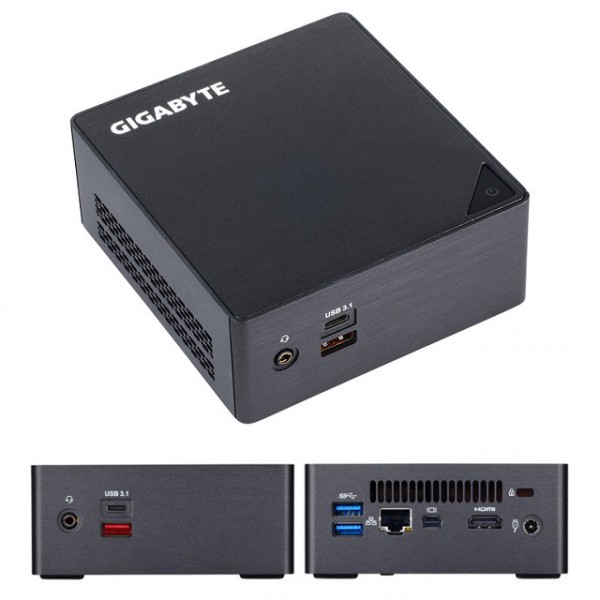
GIGABYTE refreshes BRIX compact barebone PCs with 7th Gen Intel Kaby Lake processors
Size matters. Well, when it comes to computers, at least. Look, long gone are the days of having dedicated computer rooms where a family shares a single monstrous tower. With so many adults moving back home with their parents, houses and apartments are much more cramped, meaning fewer vacant rooms. True, a laptop can alleviate this, but so can a diminutive desktop. By taking up less space (some can even be VESA mounted to the rear of a monitor), a compact PC can allow a desk or table to serve other purposes than simply being home to a tower.
There are many choices in the compact PC market nowadays, such as the brilliant System76 Meerkat, or the new HP mini computers -- Wave and Slice. If you want a barebones system, however, GIGABYTE's BRIX line is a legit alternative to Intel's own NUC. Today, BRIX gets a refresh with all-new 7th Gen Intel 'Kaby Lake' Processors.
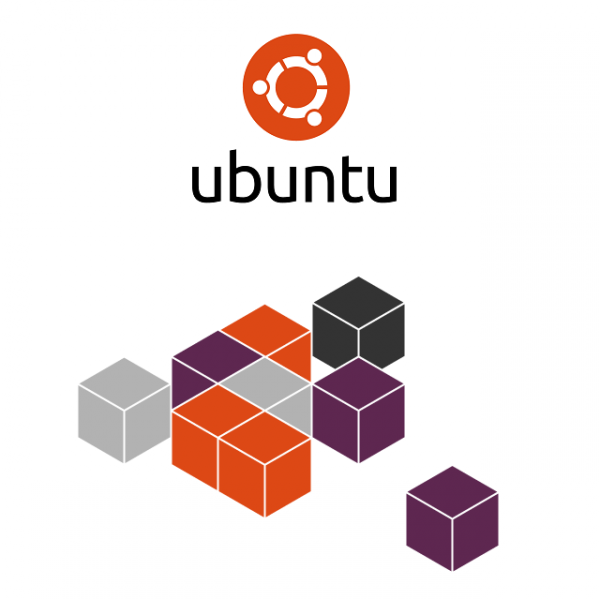
Ubuntu Core 16 Beta Linux distro for PC available now -- coming soon to Raspberry Pi
Ubuntu Core is a very different operating system than traditional Ubuntu. While both are Linux distributions, "Core" takes a different approach to package management, using modular "snaps". This way of computing is quite brilliant, as it removes dependencies and keeps everything in its own sort of sandbox. While the focus of Core seems to be the cloud and IoT devices, some people -- including yours truly -- see the writing on the wall. The Core design may eventually become the foundation of regular Ubuntu too.
Today, Canonical announces the latest Ubuntu Core 16 beta with feature freeze. If you are a home desktop Linux user, this is definitely not for you. Instead, this should be tested by developers and those that have a genuine use for Core.

Systemd vulnerability crashes Linux systems
A new vulnerability has been discovered that could shut down most Linux systems using a command short enough to fit in a tweet.
Linux administrator and founder of the security certificate company SSLMate Andrew Ayer discovered the bug, which has the potential to kill a number of critical commands while making others unstable just by entering the short command: NOTIFY_SOCKET=/run/systemd/notify systemd-notify "".
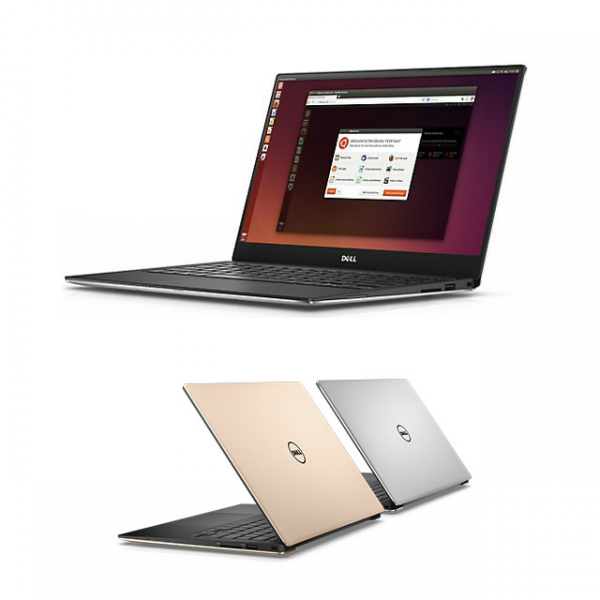
Dell XPS 13 Developer Edition now available with Ubuntu Linux and Intel Kaby Lake CPU
When you want a laptop running Ubuntu, you can always purchase a Windows machine and replace the operating system. Why bother with that hassle, though? Instead, it is smart to buy a machine pre-loaded with a Linux-based operating from a company like System76.
While System76 sells brilliant Ubuntu-powered laptops and desktops, it is not the only game in town. Actually, believe it or not, Dell has long been a proponent of Linux, even before 'Project Sputnik'. Its Ubuntu-powered XPS 13 Developer Edition laptops have been quite popular, and for good reason -- they are built well and are very beautiful. Today, Dell announces a refresh with 7th-gen Intel Kaby Lake processors. The 13-inch laptop even gets a new color option -- rose gold.

Linux Kernel 4.8 released with Microsoft Surface 3 touchscreen support
Over the weekend, Linux Kernel 4.8 was unleashed on the world. This version of the kernel has been available in no fewer than eight release candidate builds, but now there's a stable build for everyone to play with.
If you've been following through the release candidates, there are not a huge number of changes with the stable release -- mainly driver, architecture and a few bits of generic code. But for anyone who skipped these releases, there's more to look forward to including Raspberry Pi 3 SoC and Microsoft Surface 3 touchscreen support.

Ubuntu Linux 16.10 'Yakkety Yak' Beta 2 open source OS now available for download
Next month, one of the most important desktop operating systems will get a major update. No, I am not talking about Windows or macOS; I am referring to Ubuntu. True, from a market share perspective Linux-based desktop operating systems are rather insignificant, but for those in the know, Canonical's open source OS is quite brilliant. Its fans and users are very loyal and passionate.
Today, the final beta of the upcoming Ubuntu Linux 16.10 becomes available. While this version -- dubbed 'Yakkety Yak' -- will not reinvent the wheel, it should offer enough to delight existing users of the open source operating system. Hey, if it's not broke, why fix it, right? That is a lesson Microsoft learned the hard way with Windows 8, but I digress.
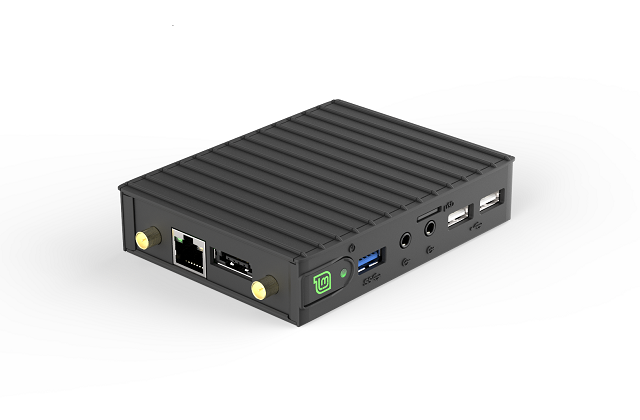
Linux Mint unveils 'Mintbox Mini Pro' -- a diminutive desktop powered by AMD
If you are a fan of Linux-based desktop operating systems, you probably have done this before -- buy a Windows PC and replace the pre-installed OS with your favorite distro. While this can be a fine practice, there are some problems with it. Of course, you may experience issues with drivers -- especially Wi-Fi cards. Even worse, if you ever need support, the manufacturer might turn you away when it finds out you loaded Ubuntu, Fedora, or something else.
A smart alternative is to buy a computer from a company that cares about Linux, such as System76. That company sells beautiful laptops and desktops running Ubuntu. But what if you prefer Linux Mint? The Mint team has previously partnered with manufacturers to produce desktops running its distro. Today, the all-new Mintbox Mini Pro goes on sale.

How to: Install Google Chrome web browser on Ubuntu Linux (and uninstall Firefox)
Ubuntu comes with a lot of quality software pre-installed. Unfortunately, the default web browser, Mozilla Firefox, has been on the decline -- it is slow and clunky. On Linux, Google Chrome is now the top web browser, and it is the best way to experience Adobe Flash content too (if you still need it).
Installing Google Chrome on the Linux-based operating system is not totally straightforward. This is unfortunate, as the search-giant's web browser is an important part of having an overall quality experience on Ubuntu. Don't worry, however, as we will help you to both install the wonderful Google Chrome and uninstall the disappointing Mozilla Firefox.
